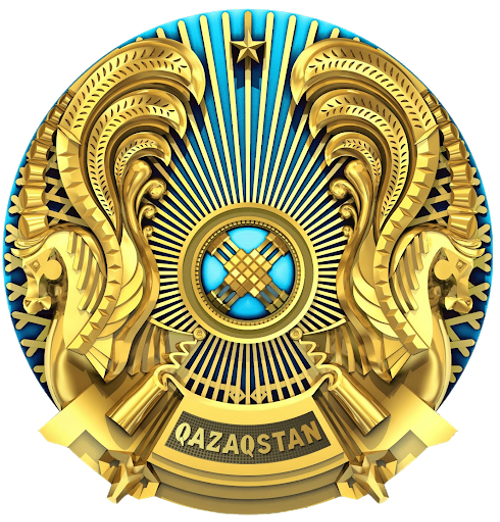EU Begins Talks with Kazakhstan to Prevent Re-export of Sanctioned Goods to Russia
 David O’Sullivan during the press briefing in Astana. Photo credit: astanatimes.com.
David O’Sullivan during the press briefing in Astana. Photo credit: astanatimes.com.The European Union (EU) began talks with Kazakhstan aimed at preventing Russia from using third countries to bypass the restrictions imposed by the EU, said International Special Envoy for the Implementation of EU Sanctions David O’Sullivan at a press conference during his visit to Astana on April 24.
The context of the visit was an increase in “unusual trade flows” of certain manufacturing products, suggesting third countries might become a route for Russia to import a range of goods from Europe, bypassing the sanctions.
“We have observed unusual trade flows from a range of countries where we see that the exports, which we were previously sending to Russia, appear now to be going to countries where we did not substantially export these products. And exports from these countries of those products to Russia have also risen extremely,” said O’Sullivan.
This is particularly true of products with a potential battlefield or military application and advanced technology products, which can have a direct or an indirect military application and thereby support Russia’s military behavior in Ukraine.
“Of course, these unusual trade flows do not in and of themselves demonstrate that there is circumvention, but they are the basis for my job as the sanctions envoy, which is to have outreach to the countries concerned to discuss with them the situation as we see it, to listen to the response, and to see how we might address any problems which we identify,” said O’Sullivan.
Sharing a 7,000 kilometers long border with Russia and being a member of the Eurasian Economic Union (EAEU), Kazakhstan remains Russia’s key trade partner. O’Sullivan said the EU understands this fact.
“I want to be very clear our sanctions do not target third countries, and we do not wish to interfere between the legitimate relations of third countries with Russia as a trading partner,” he said.
“We fully respect Kazakhstan’s decision not to take sides in this conflict and to continue its close relationship with Russia,” he added. “But we are also extremely grateful for the fact that Kazakhstan, like other countries in the same situation, has also said that it would not want its territory to be used as a platform for the circumvention of EU, United States, and G7 sanctions.”
O’Sullivan emphasized the importance of reaching a common solution and a comprehensive agreement for both sides to continue the strong bilateral partnership.
“Since Kazakhstan is a valued partner, and we want that to continue, to develop, and to grow, it is very important that we find a way of dealing with these issues around sanctions so that they do not become an irritant or an obstacle to deepening our future cooperation,” said O’Sullivan.
“That is why we are today and tomorrow visiting with our British and U.S. colleagues in order to begin a dialogue with the Kazakh government and authorities to look more closely at the trade flows and details to identify if indeed there is an issue and if there is to discuss how we might address this,” he added.
About the Embassy
The Embassy of the Republic of Kazakhstan in the Kingdom of Sweden and in the Kingdom of Denmark was opened on March 8, 2014 by direct decree of the President of the Republic of Kazakhstan with a view to strengthening diplomatic relations. The site is introduced to keep the wide public informed on activity of the diplomatic mission in Sweden, and to provide information support for the citizens of Kazakhstan who live in Sweden and foreigners who are going to visit Kazakhstan as tourists or businessmen.
Contacts

Aibek Yessey
- a.esei@mfa.kz
- +46 76-298 53 99
- +46 (0) 8 700 51 41

